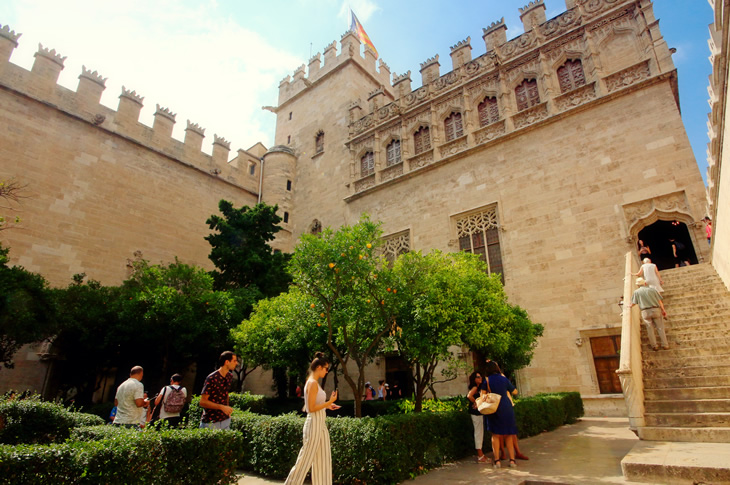Valencia unveils a new plan to lead the way in sustainable urban tourism
The city will roll out 50 initiatives across five key action areas
Valencia has unveiled its 2025–2028 Strategic Tourism Plan, a roadmap designed to establish the city as the leading urban destination in the Mediterranean, driving a sustainable and measurable tourism-growth model tailored to an ever-changing environment. Based around five strategic pillars and 50 initiatives, the plan emphasizes innovation, sector involvement, and social integration to balance tourism activity with residents’ quality of life. Valencia is a key Mediterranean tourist hotspot, enjoying 329 days of sunshine annually, with around 14 miles of beaches and over 20,000 hotel rooms. When it comes to attractions, it offers 37 museums, 22 theaters, and 2,501 restaurants, serving up cuisine recognized by UNESCO. Founded over 2,160 years ago, the city is home to four World Heritage Sites, has been labelled a UNESCO Creative City of Design, and has made a name for itself in the field of MICE tourism. The city’s plan has been developed through a participatory process involving public, private, and social stakeholders, identifying 22 strategic challenges, 50 targeted actions, and five major transformation pillars. All this, with one clear goal: to preserve residents’ way of life and attract visitors aligned with the city’s values.

Each of its five pillars addresses key areas of tourism transformation: sustainability, including measures such as improving accessibility, reducing natural-resource consumption, increasing public awareness, and promoting sustainable cruise activities; governance, to strengthen coordination among institutions, strategic planning, and monitoring; value proposition, focused on enhancing tourism products like gastronomy, culture, sports, and language learning; innovation, geared towards digital tools to promote the destination; and integration, which aims to redistribute tourism benefits towards less central neighborhoods and peripheral areas. The 2025–2028 Strategic Tourism Plan marks a shift towards a tourism model guided by the principles of balance, collaboration, and long-term vision. This strategy goes beyond attracting visitors; it seeks to create shared value for residents, businesses, and the urban environment alike.

